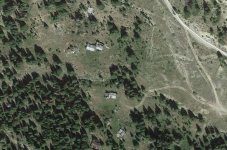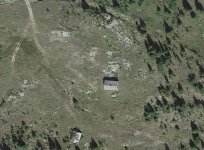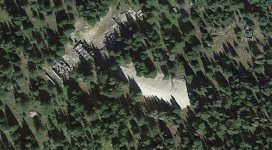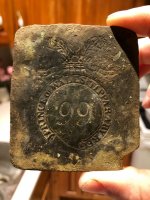gold chick
Full Member
- Dec 28, 2019
- 106
- 176
- Detector(s) used
- Garrett AT Pro
- Primary Interest:
- Metal Detecting
I have found some interesting detecting spots that I will hit this summer (when the snow melts) in Montana.
I found an old mining town that had a few thousand residents in and out in the late 1800s. There was a brothel, bar, grocery, livery, and houses, let alone the actual mines.
My question is if I should dig every hit? Pretty sure I have read that its the thing to do. But in Montana, time is very limited in the mountains, and these old mining locations will be full of nails and miners' garbage.
Should I dig up all targets? As you can see, there is a lot of ground to cover.



I found an old mining town that had a few thousand residents in and out in the late 1800s. There was a brothel, bar, grocery, livery, and houses, let alone the actual mines.
My question is if I should dig every hit? Pretty sure I have read that its the thing to do. But in Montana, time is very limited in the mountains, and these old mining locations will be full of nails and miners' garbage.
Should I dig up all targets? As you can see, there is a lot of ground to cover.



Upvote
0











